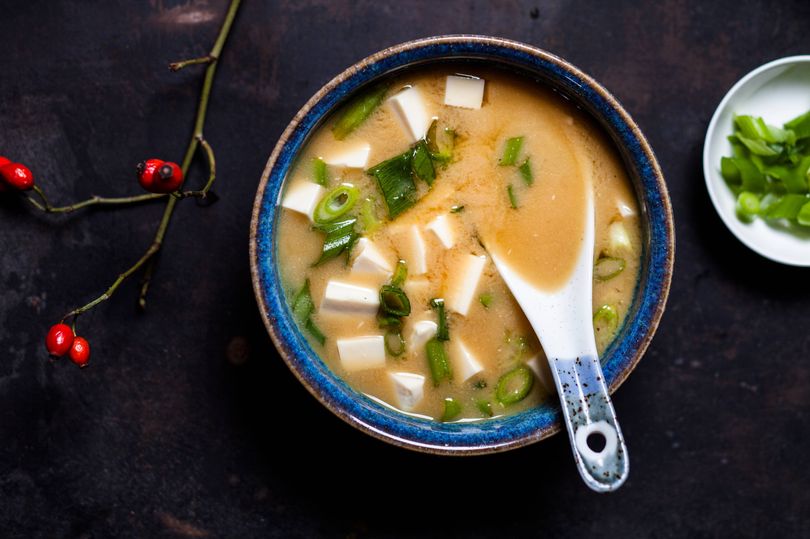Unveiling the World’s Longest-Living Population: The Surprising Role of Diet
Ever pondered where folks live the longest? Or why some nations boast longer life expectancies than others? Japan tops the list for highest life expectancy at birth among the G7 countries, meaning that, on average, its citizens outlive those in Canada, France, Germany, Italy, the United Kingdom and the United States. Diet plays a significant role in these stats, an expert has revealed.
A significant increase in lifespan has been primarily due to reduced fatalities caused by ischemic heart diseases and cancer. These improvements have connections with decreased rates of obesity, low consumption of red meats, and higher intakes of fish and plant-based foods. Cardiologist Dr. Martin Juneau emphasized that diet plays an essential role in extending the lives of people living in Japan.
The cardiologist observed that the Japanese eat significantly less meat, dairy products, and sugar, yet they consume more fish, seafood, rice, soybeans, and tea. As an example, the Japanese typically eat about half the amount of meat consumed by Canadians but double the quantity of fish and seafood—moreover, greater consumption of omega-3 fatty acids has been associated with a lower risk of ischemic heart disease, according to studies.
Surrey Live
.
-
Judge rules on class action lawsuit against Burger King and its whopper of a mistake
-
The CEO of Wendy’s raises concerns over an alarming shift in consumer behavior.

Dr. Juneau highlighted that Japan’s minimal obesity rates contribute significantly, since obesity is a major contributor to ischemic heart disease and various forms of cancer. A key factor behind this lower incidence of obesity-linked diseases in Japan is their comparatively reduced intake of sugar and carbohydrates relative to other nations.
A single location at the southernmost part of Japan, Okinawa, bears the title “Blue Zone”—a region known for inhabitants who enjoy exceptionally long lives. Through his investigations, researcher Dan Buettner discovered that individuals in Okinawa experience lower rates of cancer, heart disease, and dementia when contrasted with Americans.
Okinawa’s women have the longest life expectancy worldwide. The reason behind this longevity isn’t complicated: they follow a diet based mainly on plants. As stated by Buettner, an average meal for them could include a medley of sautéed vegetables, sweet potatoes, and tofu—foods packed with nourishment but light on calories.
Regarding the regional cuisine, Okinawans exhibit a strong affinity for soy-based products like tofu and miso soup, which frequently feature in their dishes. These fermented soy items greatly benefit digestion, and according to Buettner, the flavonoids found in tofu might offer protection against cardiovascular issues and breast cancer.
Plus, Okinawans aren’t ones for lazing about—they stay spry tending to their veggie plots, ensure they bask in the daily sun. Minimalist living spaces with scant furniture means they’re squatting and standing all day long, giving the elderly superior lower body oomph and keeping them steady on their feet.





